An effective sales funnel can generate leads and turn them into paying customers over time. And a sales funnel automated with customer relationship management (CRM) software reduces manual efforts and helps to boost your sales by curating a successful content strategy.
Let’s dive deeper into sales funnel CRM and its various stages that can help you convert prospects into customers.
What is a CRM Funnel?
A sales funnel is based on a customer journey while they make a purchase. It starts from the customer first interaction with a business and goes up to the final stage of a closed deal. A CRM sales funnel allows businesses to track and communicate with prospective customers and weed out the ones who have no interest in their services. It helps automate various stages of your sales funnel to increase the chances of leads converting into customers.
4 Stages of a CRM Funnel
Following are the four fundamental CRM sales funnel stages.
1. Awareness Stage.
2. Interest Stage.
3. Decision Stage.
4. Action Stage.
Awareness Stage
A sales CRM funnel begins when a prospect discovers your product, service, or brand. Therefore, the initial stage is the awareness stage, where a potential customer interacts directly or indirectly with your company for the first time.
You can make a prospect aware of your business via social media marketing, SEO, content marketing, referrals, etc.
Interest Stage
At this stage, the lead shows interest in your business by following you on social media, subscribing to your email newsletter, or reaching out via phone or direct messages. From here on, you can start the conversion process by having your sales rep initiate meetings or calls with the leads to address their pain points and suggest solutions.
Decision Stage
At the decision stage, your prospective buyer actively seeks information about your product/service and starts to evaluate it compared to your competitors.
During this phase, it is important to address any questions or concerns of the lead and make appropriate agreements with the potential customer to get closer to winning the deal.
Action Stage
At the final stage, the potential customer makes up their mind about whether they want to make a purchase. During the action stage, the lead either turns into a paying customer or drops out.
How CRM Automates Sales Funnel?
Apart from keeping the sales reps in the loop about the prospects, sales funnel automation also offers automated responses to the customers in your CRM database.
CRM helps in automating sales at each stage of the funnel. Let’s see how:
Generates Leads. You can use social CRM to track the interaction of leads with your business. This information can help you create awareness about your brand among a particular segment of the audience.
Targeted Marketing
A CRM tool can help you rank leads according to their value — the chances of them becoming a customer. Based on the lead ranking created by CRM, market your brand to the top leads and build their interests to increase the chances of a closed deal.
Personalized Customer Experience
Your CRM database contains all the data of the existing customers and prospective buyers who made it to the decision stage. Use this data to make meaningful conversations, address the pain points of your audience, and provide them with a personalized experience.
Forecast Sales
The sales forecast report and analytics of CRM help track the deals’ progress and the probability of closing deals. If a deal is less likely to close, you can take steps to ensure its success.
Automate Your Sales Funnel CRM
An automated sales funnel removes the hassle of manual sales funnel management. However, choosing the right CRM software is critical for automating a sales funnel that generates and nurtures leads and converts them into high-paying customers over time. A reliable CRM tool will help you track lead behaviors and engagement as well as profile prospects.

